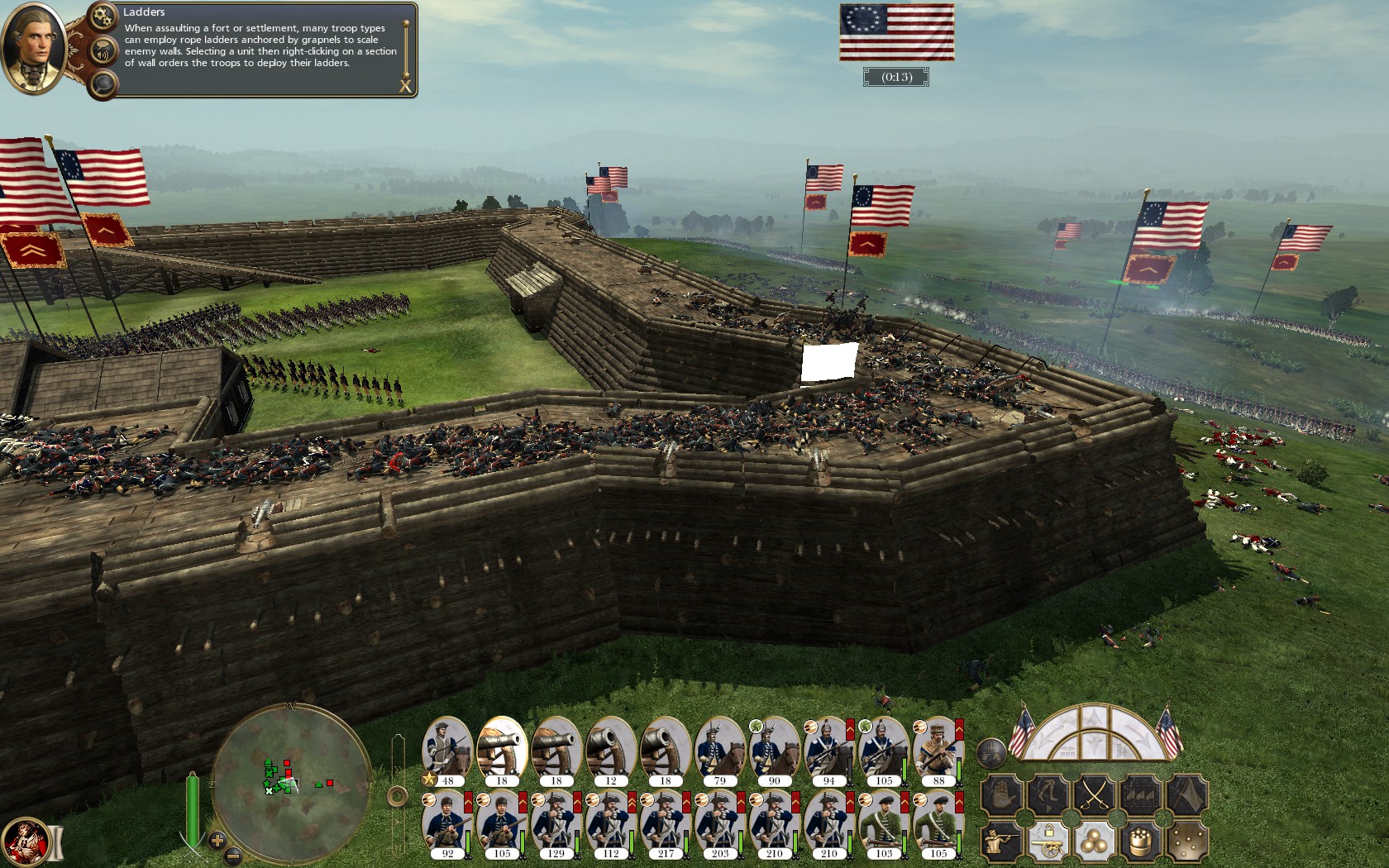

The Emperor cited three reasons for such an action – the suffering of the American people, the harmful economic impact of the war on Europe (notably the cotton crisis), and the seeming impossibility of the two sides reaching a resolution quickly and independently. On 15 November, 1862, a letter from Napoleon III was published, proposing that France, Britain, and Russia acted as joint mediators in the American conflict. Whilst Slidell had argued that French support would strengthen the southern cause, Napoleon and his ministers countered that such action could equally anger the North, and that the latter would direct its force towards both its southern and international opponents. The Emperor met with Slidell a second time on 28 October, 1862, but he blew hot and cold and finally neither he nor the British lent their public support to southern independence. Napoleon III, in turn, seemed favourable to Southern recognition in his interview with Slidell, but said that he would act only with British cooperation. Many members of Lord Palmerston's government felt that recognition of the South was the only way to end the war, and that France's endorsement, along with some key Southern victories, would pave the way towards peace. On 16 July, 1862 in Vichy, he met with John Slidell, a Confederate sent to Europe to achieve diplomatic recognition for the South, at the urging of several British government ministers (2). Publicly, France kept up a strict neutrality with regards the American conflict, but behind the scenes, Napoleon III certainly considered formally recognizing the southern Confederate states as a separate nation. British manufacturing also suffered heavily, but since the British had so vocally opposed slavery, they were not in a position to negotiate and rather pleaded repeatedly with both sides to put a stop to the fighting. The north of France, Alsace, and Normandy bore the brunt of this shortage, which threatened to decimate the French textile industry: in 1862 alone, the price of cotton in France doubled. One of the most immediate results of the Civil War was a European “cotton famine,”(1) since the Union's blockade on southern ports meant that the price of raw cotton sky-rocketed.

Although the conflict was confined to American territory, its effects were far-reaching, and posed major problems for the French Second Empire.

It was fought between the Union in the North and the Confederacy (seven, later eleven, separatist states who opposed the abolition of slavery) in the South. The American Civil War, which raged from 12 April, 1861 to 9 May, 1865 at the cost of some 620,000 men, was the bloodiest conflict in American history. Sortable Table Modification NameĪdditional Units Mod - Napoleon (AUM-NAP) See Mod Table Instructions for guide to column entries, and for queries.


 0 kommentar(er)
0 kommentar(er)
